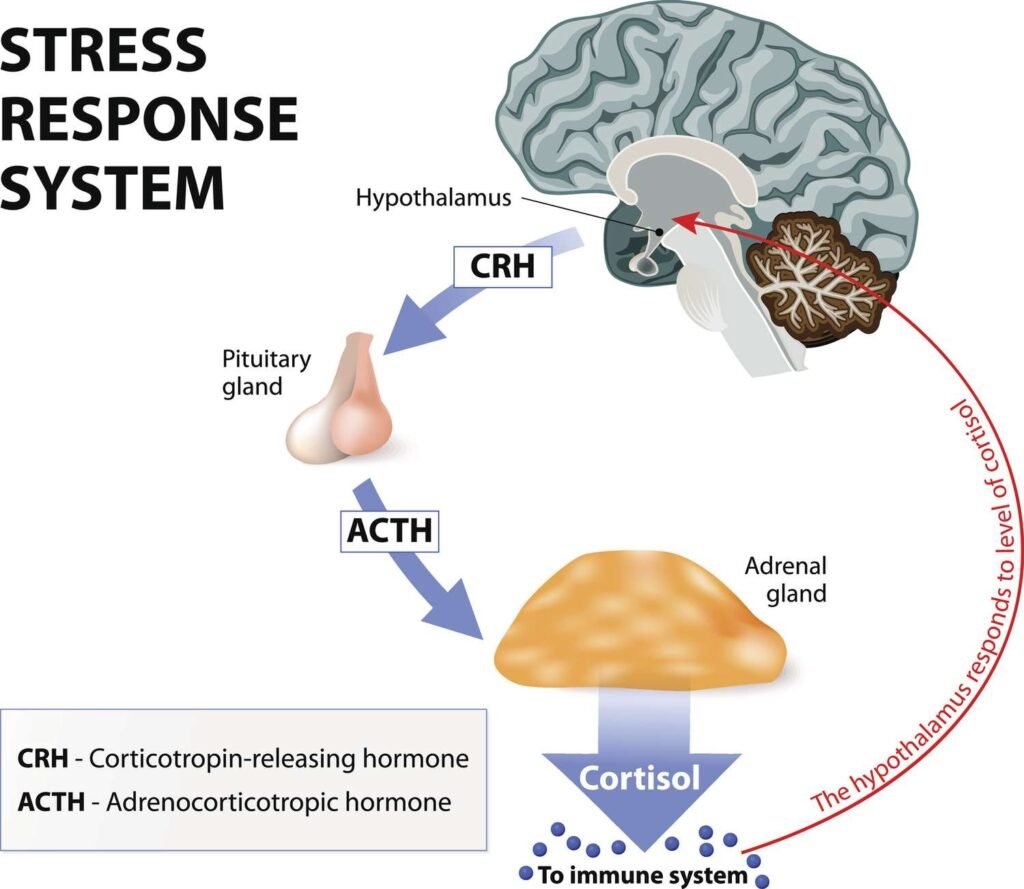
How Sleep Affects Our Hunger Hormones
The Sleep-Weight Connection: How Sleep Affects Weight Management and Overall Health
Introduction
Have you ever felt like you’re running on empty? In our hectic lives, sleep often becomes a low priority, but the truth is, skimping on sleep is more than just annoying—it can seriously affect your weight and overall well-being. If you’re trying to lose weight or just want to live a healthier life, grasping the connection between sleep and weight is essential. In this post, we’ll uncover the science behind how lack of sleep messes with our hunger hormones, impacts our food choices, and can cause us to pack on the pounds. Plus, we’ll share some handy tips to help you catch those z’s and supercharge your weight loss game.
—
Insight 1: How Sleep Affects Our Hunger Hormones
Let’s dive right in! One of the biggest ways sleep influences our weight is through its effects on hunger hormones. Ever heard of ghrelin? It’s often called the “hunger hormone,” and when you don’t get enough shut-eye, it ramps up, telling your brain it’s munching time. On the flip side, leptin, the hormone that lets you know you’re full, takes a nosedive when your sleep is lacking. This hormonal rollercoaster can lead to cravings for those tempting high-calorie, carb-loaded snacks.
So, how can we combat these effects? Here are some practical tips:
1. Aim for Quality Sleep: Try to get 7-9 hours of restful sleep each night. When you prioritize sleep, you can keep those hunger hormones in check.
2. Set a Sleep Routine: Create a soothing wind-down routine that signals it’s time for bed. A little reading, meditation, or a warm bath can work wonders in helping you drift off more easily.
Research backs this up—chronic sleep deprivation (think 6 hours or less per night) has been shown to predict obesity, showing that poor sleep is linked to higher body mass index (BMI) and other metabolic issues.
—
Insight 2: The Two-Way Street of Sleep and Weight Management
The relationship between sleep and weight isn’t one-sided; it’s more of a two-way street. Not getting enough sleep can throw a wrench in your weight loss efforts, while catching those nightly z’s can lead to better food choices and sticking to your nutrition plans.
Studies show that folks who sleep well tend to follow healthier diets and keep up with their exercise routines. For instance, individuals who logged just 4-5 hours of sleep saw a 30% drop in insulin sensitivity, leading to potential metabolic problems that could contribute to weight gain.
Actionable Tips:
– Monitor Your Sleep: Consider using sleep-tracking apps to keep tabs on your sleep patterns. Spotting trends can help you understand how your sleep is influencing your daily calories and workouts.
– Embrace Mindfulness: Practicing mindfulness, like meditation, can ease anxiety and enhance your sleep quality, making it simpler to make healthier food choices each day.
—
Insight 3: Extra Calories from Lack of Sleep
Did you know sleep deprivation can lead to munching on an extra 200-500 calories daily? That’s right! And it often happens because poor sleep clouds our decision-making and boosts impulsive food choices. Research from the *American Journal of Clinical Nutrition* found that sleep-deprived people are more likely to reach for high-fat snacks and larger portions.
Practical Suggestions:
1. Meal Plan Like a Pro: Set up a weekly meal plan filled with nutritious options to cut down on impulsive snacking. This can help steer you away from high-calorie comfort foods when you’re feeling sleep-deprived.
2. Set an Eating Cut-Off: Create a time in the evening when you stop eating to avoid late-night grazing that’s often driven by cravings sparked by sleep loss.
—
Putting It All into Action
Ready to boost your sleep hygiene for better weight management? Here’s a straightforward guide you can follow:
1. Craft the Perfect Sleep Space: Make your bedroom a sleep sanctuary—think dark, quiet, and cool. Blackout curtains and white noise machines can be game-changers.
2. Limit Screen Exposure: Try to stay away from screens (phones, tablets, computers) at least an hour before bed. The blue light from these devices can mess with your melatonin production, making it tougher to fall asleep.
3. Nourish Your Body Wisely: Focus on whole foods loaded with fiber and protein. These keep you feeling fuller for longer and help balance those hunger hormones.
4. Hydrate Smartly: Drink plenty of water during the day, but ease up on fluids as bedtime approaches to minimize disruptive trips to the bathroom.
5. Ask for Help: If sleep issues are keeping you awake at night, don’t hesitate to reach out to a healthcare provider or sleep specialist for personalized guidance.
—
Conclusion
Recognizing the critical link between sleep and weight management can genuinely enhance your weight loss efforts and overall health. By committing to quality sleep and embracing effective strategies, you can achieve a healthier hormonal balance, make smarter food choices, and dodge those unnecessary calories. I’d love to hear from you! Share your experiences or tips in the comments below. Let’s team up to build healthier lifestyles by highlighting the power of a good night’s sleep! If you’re hungry for more insights, feel free to check out our posts on nutrition and wellness.
Hashtags: #sleep #weight #hunger #hormones #help #those #management #more #healthier #food #choices #when #night #keep #like
